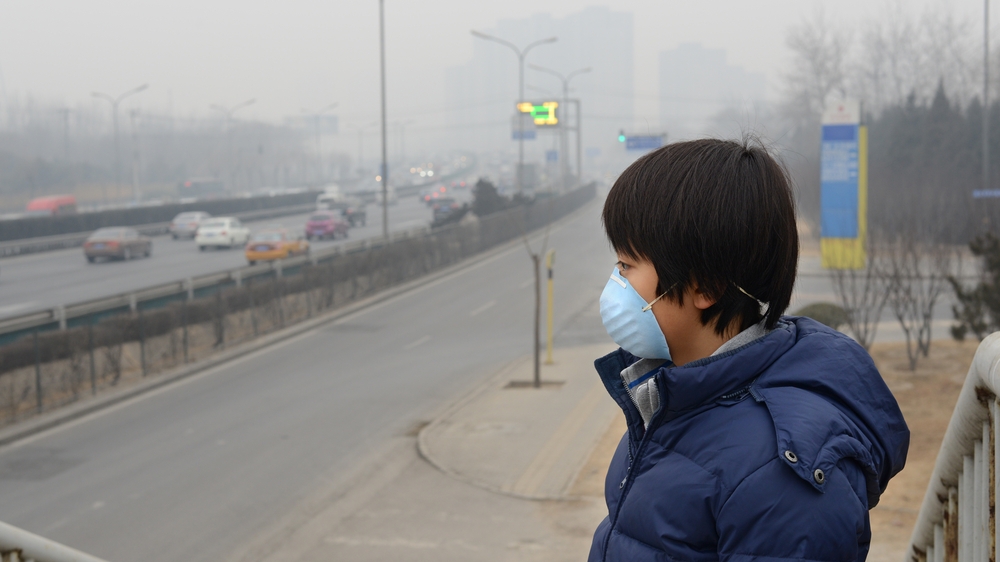
Pollution is a major barrier to development - damaging health, constraining economic growth, degrading ecosystems, deepening poverty and inequality, and significantly contributing to climate change. Industrialization, agrochemical use, urbanization, forest fires, burning biomass for residential heating and cooking, and poor waste management have intensified environmental health risks, especially in low- and middle-income countries. The most vulnerable populations, least able to protect themselves, bear the greatest burden.
Exposure to air and water pollution, hazardous chemicals, and toxic wastes such as mercury, lead, and persistent organic pollutants (POPs) causes debilitating and fatal illnesses, premature deaths, and ecosystem loss. Pollution, from all sources, is now the largest environmental cause of disease and early mortality, killing more people each year than AIDS, tuberculosis, and malaria combined.
Poor outdoor air quality is now the second-leading cause of premature death worldwide after cardiovascular disease. Recent World Bank analysis estimated that 2.3 billion people are exposed to outdoor fine particulate matter (PM2.5) levels above 35 µg/m³, resulting in more than 5.7 million deaths annually and economic costs approaching 5% of global GDP. Even with current policies, exposure is projected to rise by 15% over the next 15 years due to population and economic growth.
Chemical pollution is equally devastating. In 2019, lead exposure caused an estimated 5.5 million deaths from cardiovascular disease, 90% of them in low- and middle-income countries. In the same year, children under five lost 765 million IQ points globally, undermining education outcomes and human capital. The global economic cost of lead exposure alone is estimated at $6 trillion annually, or nearly 6.9% of global GDP.
At the same time, the intensive consumption of materials fuels these risks. Each year, more than 100 billion tons of raw materials enter the global economy, with waste projected to reach 3.4 billion tons by 2050. These linear production and consumption patterns deplete natural resources and generate harmful impacts across the entire product lifecycle.
Addressing pollution at its source is an opportunity to drive economic growth, strengthen resource efficiency, and create new jobs. Effective pollution management offers solutions that can reduce poverty, boost shared prosperity, and deliver healthier and more productive lives for millions of people.
Last Updated: Oct 10, 2025

